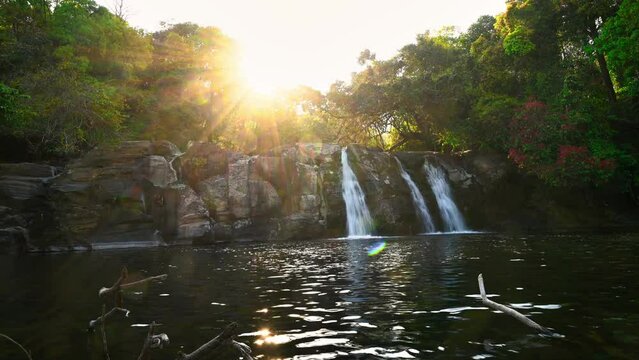Coorg (Kodagu)
A complete tourist and cultural guide
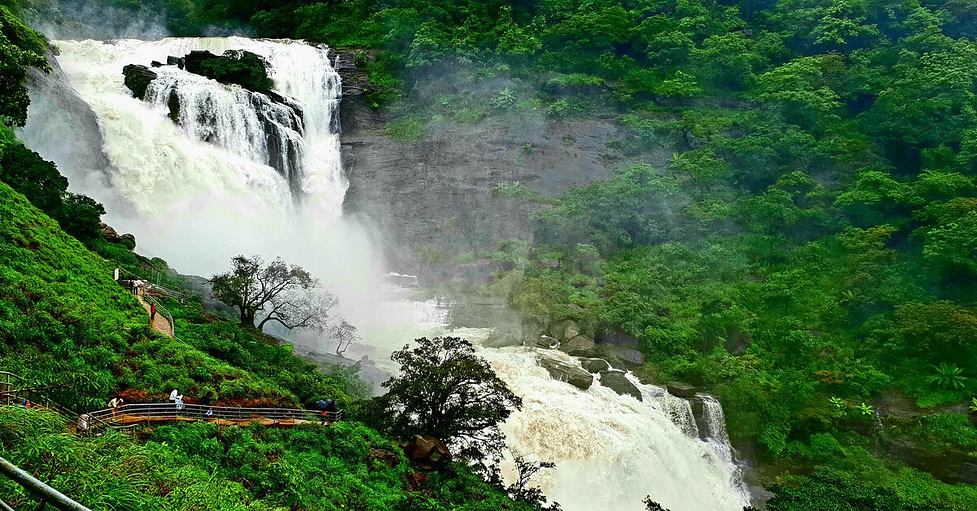
Coorg, also known as Kodagu, is a picturesque hill station in Karnataka, famed for its lush coffee estates, misty landscapes, and rich cultural heritage. Often called the “Scotland of India,” it offers a perfect blend of adventure, spirituality, and serene natural beauty, attracting travelers from across the world.
Wiki Link: Coorg Wikipedia Page
Must-Visit Attractions in Coorg
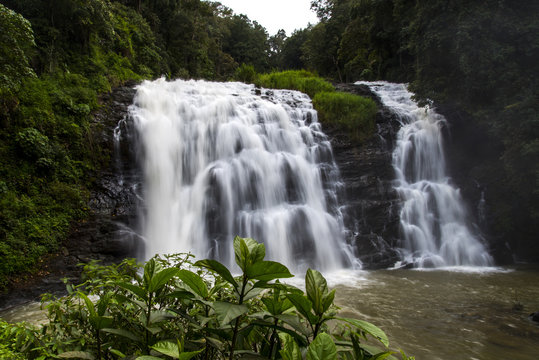
Abbey Falls
A majestic 70-foot waterfall amidst coffee estates, where the roar of cascading waters blends with lush greenery.
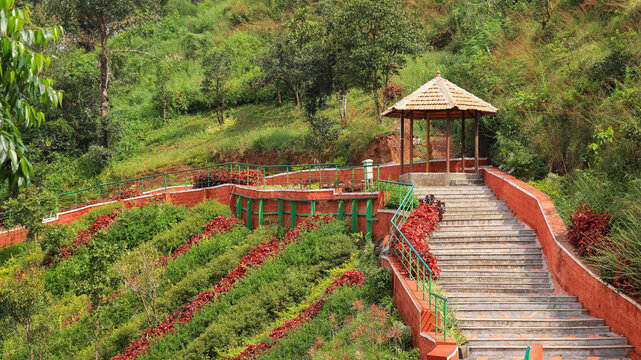
Raja’s Seat
A picturesque sunset point offering panoramic valley views, enhanced by vibrant gardens and a charming toy train.
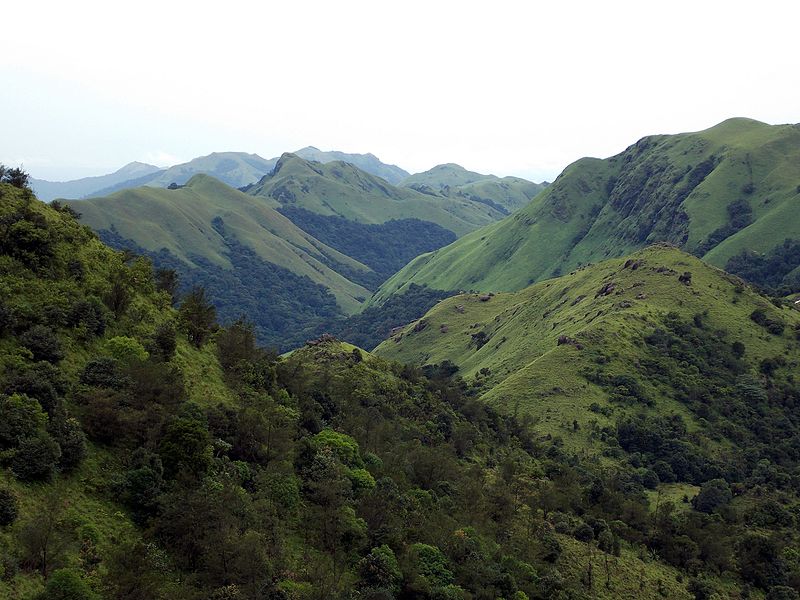
Talakaveri
The spiritual source of River Kaveri atop Brahmagiri Hills, where pilgrims gather for sacred rituals.

Dubare Elephant Camp
A riverside sanctuary to interact with elephants through feeding and bathing sessions.
Major Attractions Near Coorg
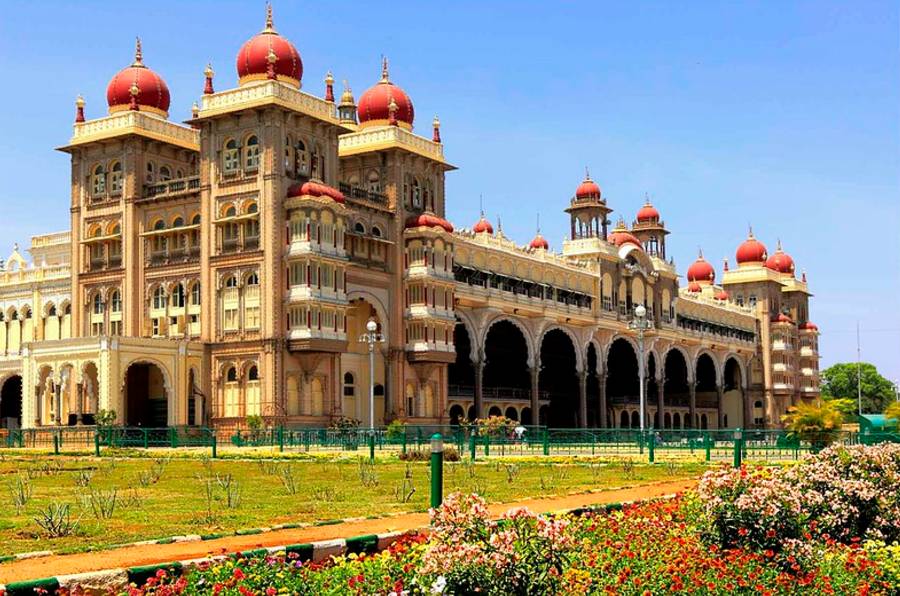
Mysore
A regal city famed for its grand palace, Chamundi Hills, and vibrant Dussehra celebrations.
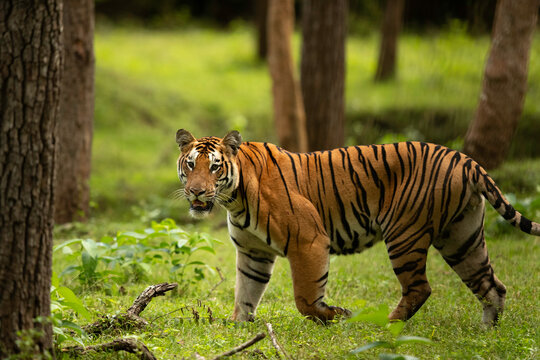
Nagarahole National Park
A biodiverse jungle retreat hosting tigers, elephants, and thrilling wildlife safaris.
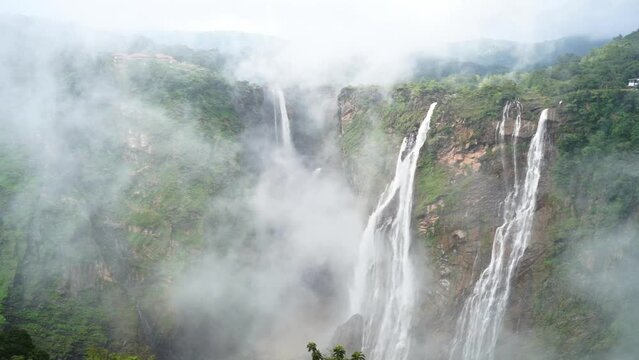
Jog Falls
India’s towering cascade plunging 830 feet amidst lush Western Ghats scenery.
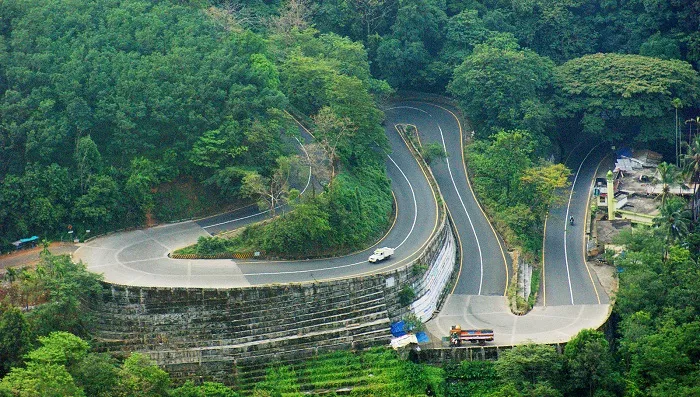
Wayanad
Kerala’s misty paradise featuring ancient caves, heart-shaped lakes, and spice plantations.
Things to Do in Coorg
Immerse yourself in Coorg’s misty landscapes, vibrant culture, and thrilling adventures. From exploring coffee plantations to trekking lush trails, the region offers unforgettable experiences for nature lovers and adventure seekers alike.
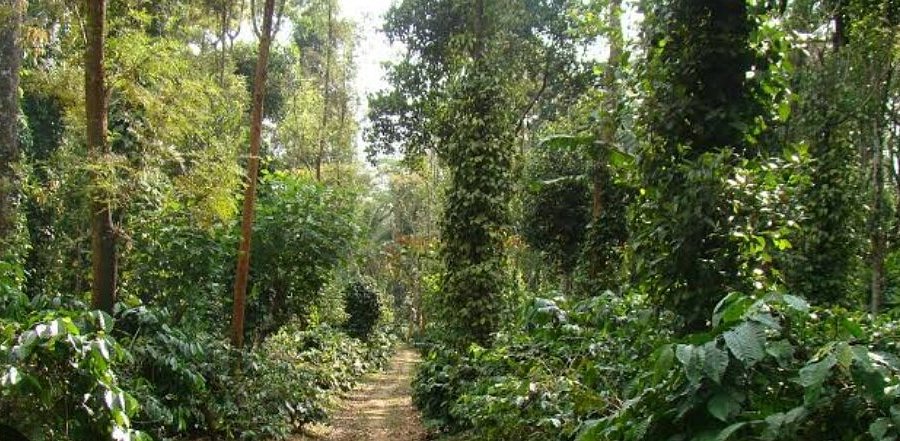
Coffee Estate Tour
Wander through fragrant coffee plantations while learning the journey from bean to brew.
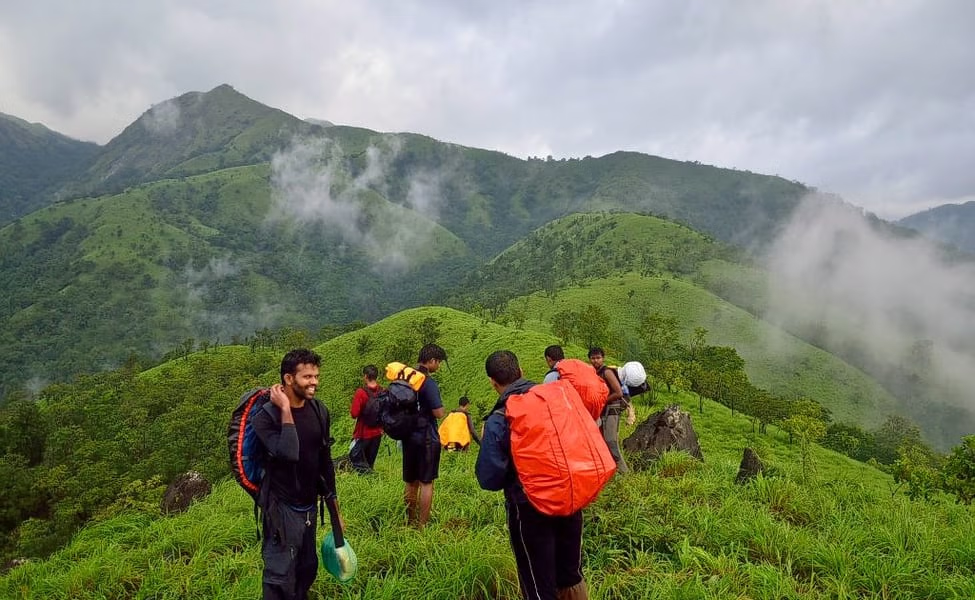
Trekking
Conquer scenic trails leading to Coorg’s highest peaks with rewarding vistas.

River Rafting
Navigate exciting rapids through the Western Ghats’ untamed waterways.

Birdwatching & Nature Walks
Discover vibrant avian life while strolling through lush forests and sanctuaries.
The Performing Arts of Coorg
A vibrant showcase of Kodava culture, Coorg thrives with folk dances, martial music, and traditional storytelling. The rhythmic Bolak-aat (sword dance) and Ummatt-aat (colorful folk dance) reflect the region’s warrior heritage, often performed during festivals like Kailpodh. The soulful strains of Dudi (percussion) and Petegara (brass trumpet) echo through coffee estates, preserving Coorg’s unique artistic legacy. From temple rituals to harvest celebrations, music and dance remain integral to Kodava life, blending history with living traditions.
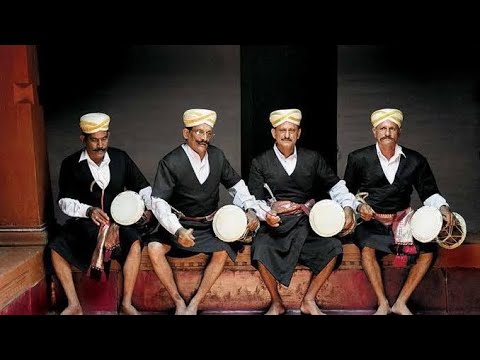
Kodava Folk Music
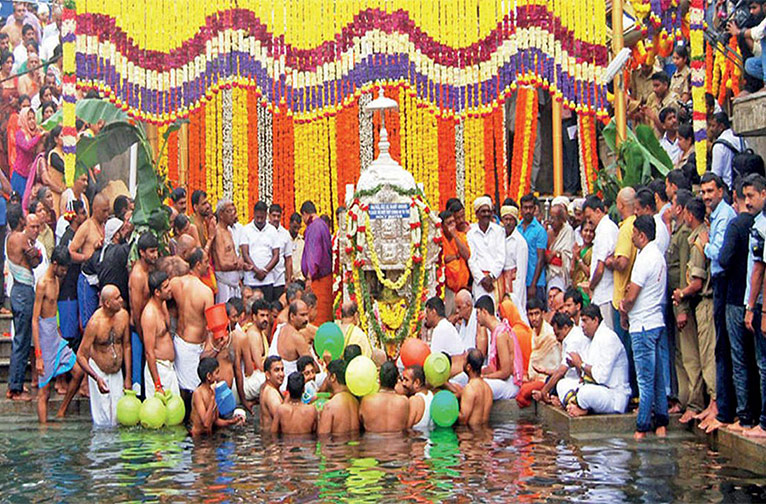
Bhakti Geethe
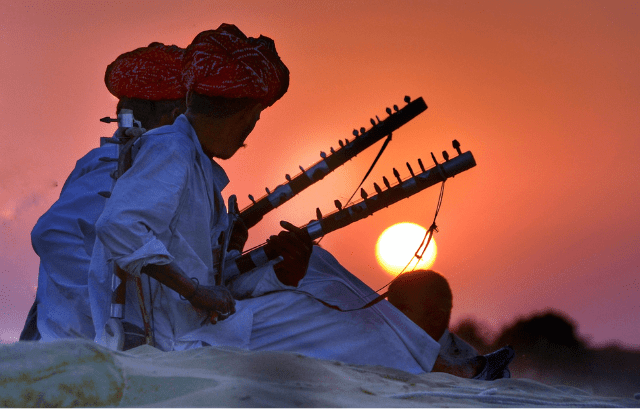
Patriotic Ballads
Coorg’s music weaves together folk traditions, devotional hymns, and martial themes, reflecting its rich cultural tapestry. The rhythmic pulse of the Dudi (drum) blends with the soulful melodies of the Kombu (horn), creating a distinctive rustic charm. These traditional sounds echo the region’s warrior heritage and deep connection with nature. Each performance carries the essence of Coorg’s history, spirituality, and natural beauty.
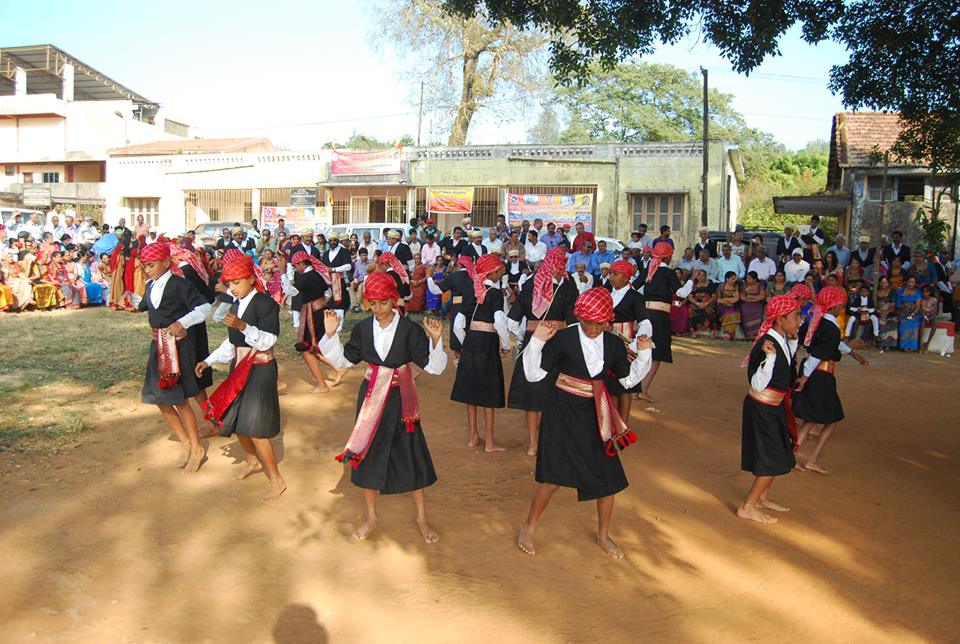
Bolak-aat
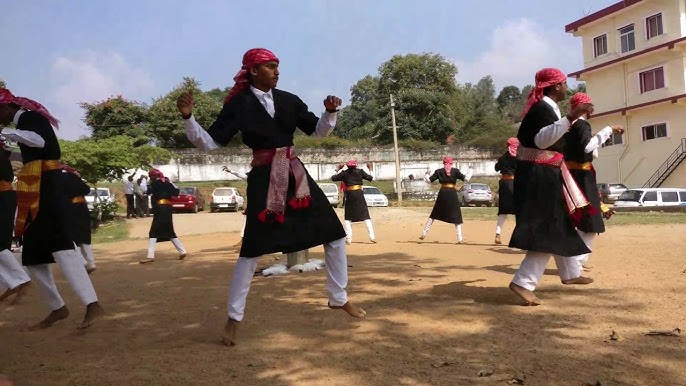
Ummatt-aat
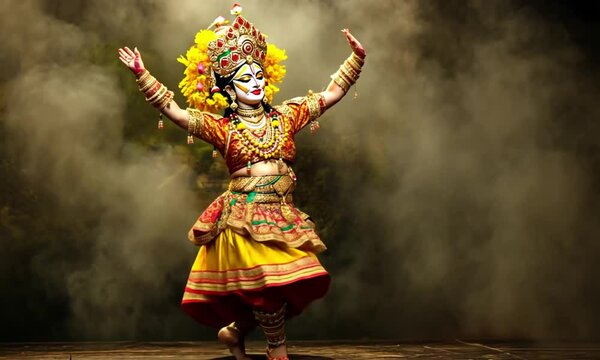
Kathakali (Influence)
Coorg’s vibrant dance traditions beautifully capture the region’s warrior heritage and celebratory spirit. The energetic movements reflect the valor of Kodava warriors, while the rhythmic footwork embodies their deep connection to nature. Traditional costumes adorned with ornate jewelry and martial accessories enhance the visual splendor. These dances, performed during festivals and cultural events, keep Coorg’s rich history and community bonds alive through dynamic storytelling.

City Vibes – Misty Hills & Coffee Aroma
Coorg’s enchanting charm lies in its emerald-green hills draped in mist, where colonial-era bungalows peek through sprawling coffee estates. The air carries the rich, soothing aroma of freshly brewed coffee, blending with the earthy scent of rain-drenched soil. Life here moves to the rhythm of plantation work, interspersed with vibrant Kodava traditions and warm hospitality. From serene nature walks to thrilling treks, Coorg weaves together relaxation and adventure in perfect harmony.
Heritage of Coorg
Coorg’s rich heritage is deeply rooted in its warrior Kodava community, known for their martial traditions and distinct culture. The region bears marks of British colonial influence, visible in its architecture and coffee plantations. Tibetan settlements, like Bylakuppe, add a spiritual dimension with their vibrant monasteries. This unique blend is celebrated through colorful festivals like Kailpodh and through its flavorful indigenous cuisine, making Coorg’s cultural tapestry truly remarkable.
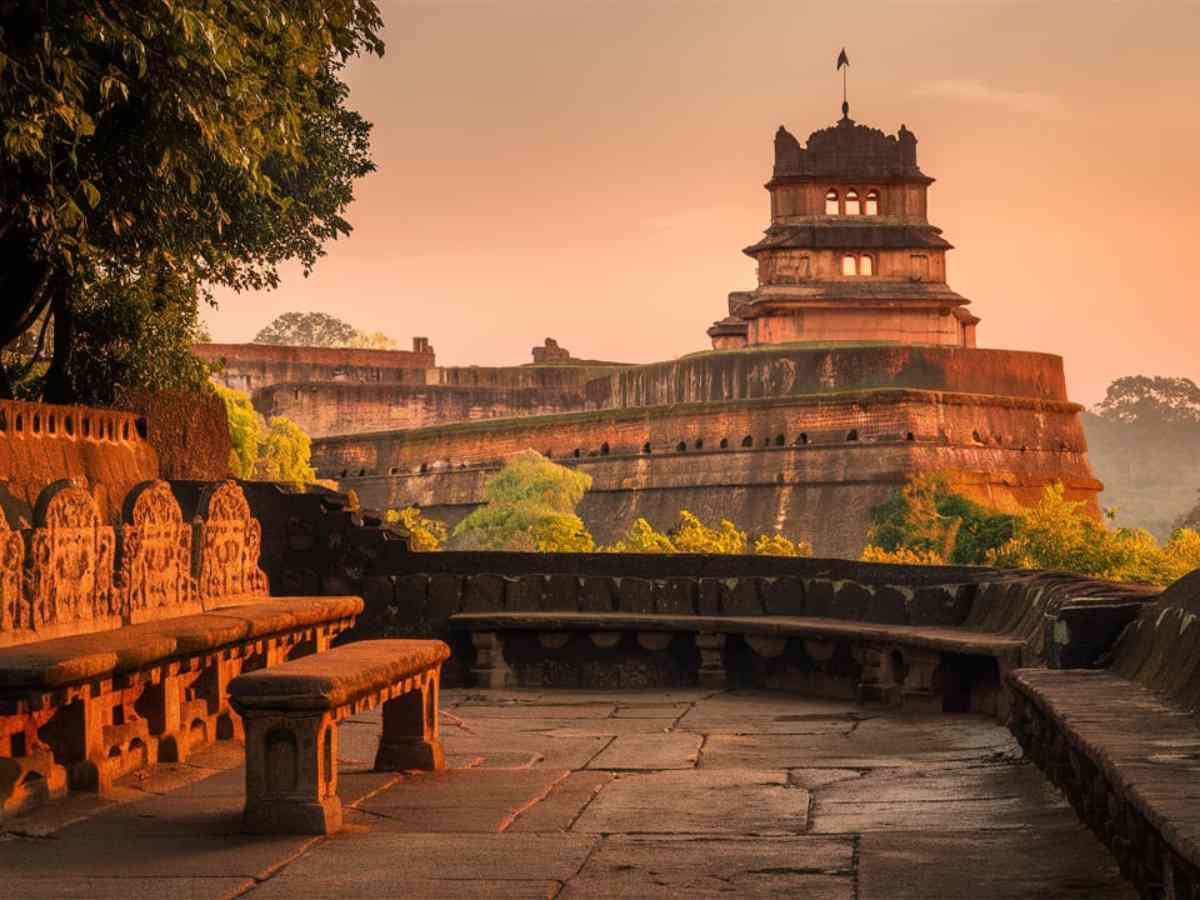
Cuisine of Coorg
Coorg is a culinary paradise, offering a rich blend of spicy, aromatic, and earthy flavors unique to the Kodava culture. From fiery pork curries to steamed rice dumplings, the cuisine reflects the region’s love for bold spices and fresh local ingredients. Must-try dishes include Pandi Curry (slow-cooked pork in Coorgi masala) and Kadumbuttu (fluffy rice balls paired with savory curries). Don’t miss Bamboo Shoot Curry or a cup of freshly brewed Coorg coffee for an authentic taste of the hills.

Pork Curry
A spicy, flavorful dish made with tender pork and Coorgi masala.

Rice Dumplings
Steamed rice balls served with spicy curries, a staple in Kodava meals.

Bamboo Shoot Curry
A traditional delicacy cooked with locally sourced bamboo shoots.

Noolputtu
Thin, delicate rice noodles served with spicy chicken or pork curry, a comforting Kodava staple.
Shopping in Coorg
Shopping in Coorg offers a delightful mix of aromatic treasures, handcrafted goods, and unique local specialties. From freshly grown coffee to traditional Kodava handicrafts, the region’s markets showcase its rich cultural and agricultural heritage.

Coorg Coffee & Spices
Famous for its opulence and fine craftsmanship, Banarasi sarees are a timeless symbol of elegance and tradition.

Honey & Homemade Wines
Feature intricate designs, making them ideal souvenirs that reflect Varanasi’s rich cultural heritage.

Kodava Jewelry & Traditional Attire
Ganga Jal, collected from the sacred river, and Rudraksha beads are sought for their religious value in meditation.

Bamboo & Rosewood Crafts
Varanasi’s local handicrafts, from intricate pottery to vibrant textiles, reflect the city’s artistic tradition and cultural depth.
Tourist's Handbook
The best time to visit Coorg is from October to March, when the weather is cool and pleasant, perfect for exploring coffee plantations, waterfalls, and trekking trails. The monsoon season (June-September) brings lush greenery but heavy rains, while summers (April-May) can be warm. Winter months offer clear skies for sightseeing and outdoor activities like river rafting. The Madikeri Festival (April) and Kailpodh (September) add cultural charm to your visit.
Mind the Terrain – Coorg’s hills and trails can be slippery, especially during monsoons. Wear sturdy shoes for treks and waterfall visits.
Beware of Wildlife – If exploring forests or plantations, avoid venturing alone and maintain a safe distance from wild animals.
Avoid Unlicensed Guides – Stick to registered tour operators for activities like rafting or elephant camps to avoid scams.
Drive Cautiously – Mountain roads are winding and foggy; hire experienced drivers or drive slowly if self-driving.
Respect Local Culture – Dress modestly in religious sites like monasteries, and seek permission before photographing tribal communities.
Stay Hydrated Safely – Carry bottled water, as tap water in remote areas may not be potable.
Navigating Coorg’s scenic hills requires a mix of transport options. Self-drive cars or rented bikes are ideal for exploring plantations and viewpoints at your own pace. For short distances, auto-rickshaws or local taxis are convenient, though negotiate fares beforehand. KSRTC buses connect major towns like Madikeri, but remote areas may require private transport. For a unique experience, try jeep safaris in wildlife zones or trekking routes with local guides. Walking is best in town centers like Madikeri, where narrow lanes hide charming cafes and shops.
Overpriced Plantation Tours – Always confirm entry fees beforehand or book through registered resorts/guides.
Fake Homestay Bookings – Verify homestay licenses and reviews before paying advances; prefer trusted platforms.
"Special" Coffee/Spice Deals – Buy coffee, spices, or honey only from certified estates or government outlets to avoid adulterated products.
Unauthorized Trekking Guides – Use only accredited operators for treks (check IDs) to prevent safety risks or overcharging.
"Donation" Traps at Temples – Politely decline unsolicited rituals with hidden charges at religious sites.
Taxi Meter Scams – Negotiate fares upfront or insist on meters for local cabs/autos.

